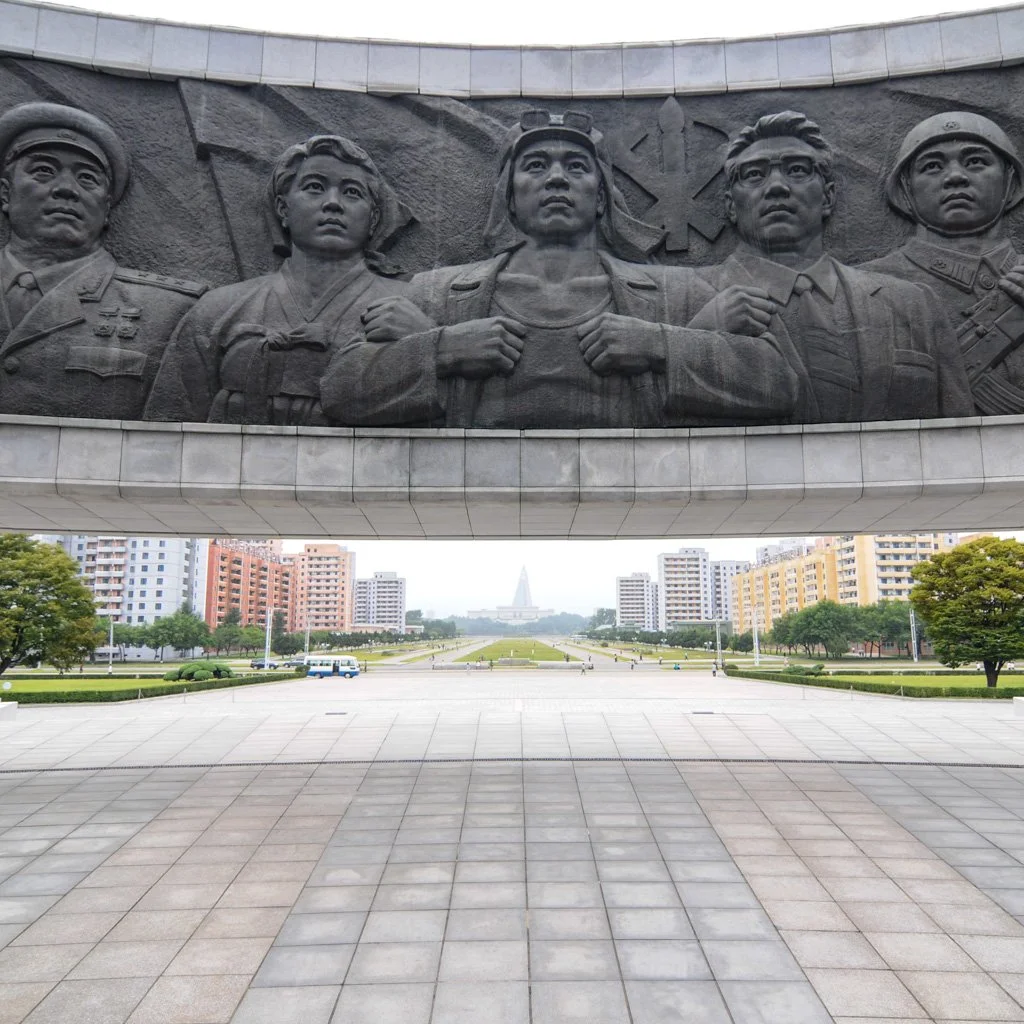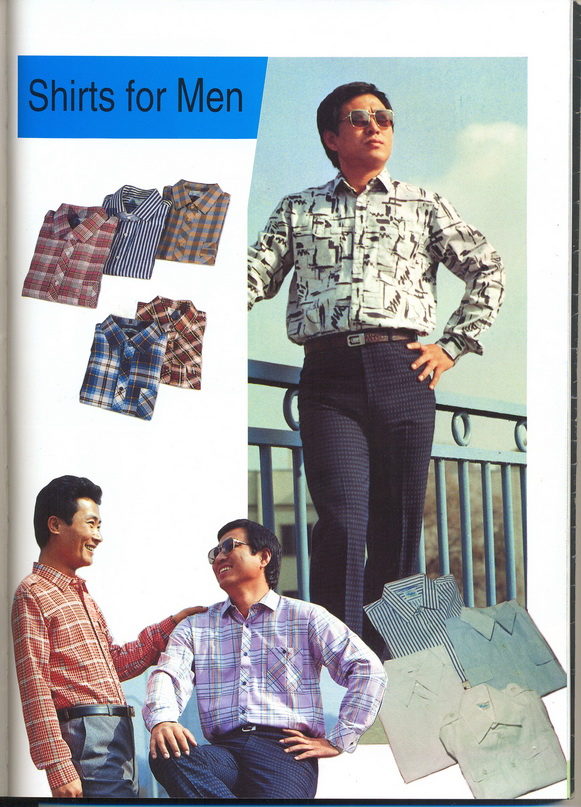In October 2011, John Kim, a board director of the Choson Exchange, visited the Rajin-Sonbong Special Economic Zone. The following is a summary of some of his findings based on site visits and talks with senior officials in the SEZ. An longer account of his travels and impressions will be available soon. This information helps elaborate on our report from August.
Rajin Port
The Rajin Port employs 1400 workers. The Chinese have conducted feasibility tests regarding two new piers, but currently the port houses three piers with 9-9.5 meters draft. A 30,000 metric ton coal storage warehouse was built at Pier 1 by the Chinese, who moved 80,000 metric tons through the facility in five shipments from January to September. Pier two, largely dedicated to container shipment, is currently dormant and a Swiss company is currently using Pier 3 to ship manganese and talc out of the region. The Russians also have a 49 year lease agreement signed in 2008.
Oongsang Port
Oongsang Port exported Russian lumber until 1985, but remains largely quiet now except for the occasional fishing boat. The present draft of 7 meters constricts any major future activity, so the North Koreans hope to bring in over $100M to widen the draft to 9 meters. After Rajin Port activity surpasses capacity there, Oongsang Port will become the next regional hub for drybulk activity.
Sonbong Port
Originally opened in the early 70’s, the draft within the port is 7 meters, but a fully laden Very Large Crude Carrier containing 270,000 metric tons of oil can offload at an offshore facility further out at sea. Two pipes, 63 cm in diameter, run for 9km underground before reaching the storage facility at “Victory Petrochemical”, a simple refinery that was designed to refine crude and send oil products (gasoline, naphtha, jet fuel, diesel and fuel oil) back to the port for export. In addition to this two way flow, fuel oil also arrived sporadically at the port as part of aid packages from 1994 to 2008.
Sonbong Power
This power plant was originally designed to take fuel oil from Victory Petrochemical as feedstock and generate power to feed back to Victory. Since the refinery has been offline, Sonbong Power has at times provided electricity to the region, but with fuel oil prices close to $700/metric ton and current electricity prices at 6.5 eurocents/kwh, the economics of running the plant do not work leaving the 800 workers employed here largely idle.
Victory Oil Refinery
Literally translated as “Victory Chemical Plant”, this refinery was completed in 1973 with a 40,000bbl/day crude distillation unit that typically yields 40~50% residual fuel oil for an average crude feed. Investment into upgrading capacity in the international market has led to an eroding of margins for simple refineries like Victory. Currently the refinery is idle and would need over $500M in investment to become competitive.
Hye Song Trading Company
Mr Kim visited a Sewing Factory owned by Hye Song, which runs 8 such factories employing 2000 workers. Output is recorded for the entire year on a bulletin board at the front entrance of the company. All employees except the handyman were women.
Cell Phone use more prevalent
The number of cell phone users in the DPRK crossed 1 million earlier this year and one official commented that the overwhelming majority of urban households have at least one cell phone. This particular official had 4 phones for a household of 3. Foreigners are allowed to use cell phones on a different network, and users of the domestic and foreign network can not call each other. All usage is prepaid.
| Handset Type |
Purchase Costs |
Usage Costs
|
| Local |
1570-2200 RMB |
250 minutes and 20 text messages, while each additional minute is charged at 60 NKW (about .1 RMB/min) |
| Foreigner |
1800-2400 RMB |
Does not include any free minutes and are charged at 2RMB/min |
Banking System has room for growth
There are two banks in Rason, the Central Bank, which is focused on domestic transactions, and the Golden Triangle Bank, which is focused on foreign currency transactions. Transactions for goods and services are conducted almost entirely in cash, usually in RMB or NKW. Mechanisms for savings are credit have room for development. As banks take a fee to deposit and withdraw cash, merchants prefer to hold money in cash (usually RMB). Credit is also available almost exclusively through friends or family.
Bottlenecks
A number of issues require solving if Rason is serious about attracting large scale foreign investment. Among these are reliable access to travel visas, reasonable communications costs with the outside world, a more mature banking system with savings and credit mechanisms and favorable tax treatment with a consistent legal framework. The mere fact that Rason is experimenting with market reform is encouraging, and Mr Kim is optimistic about economic development in the region and the nation as a whole.













